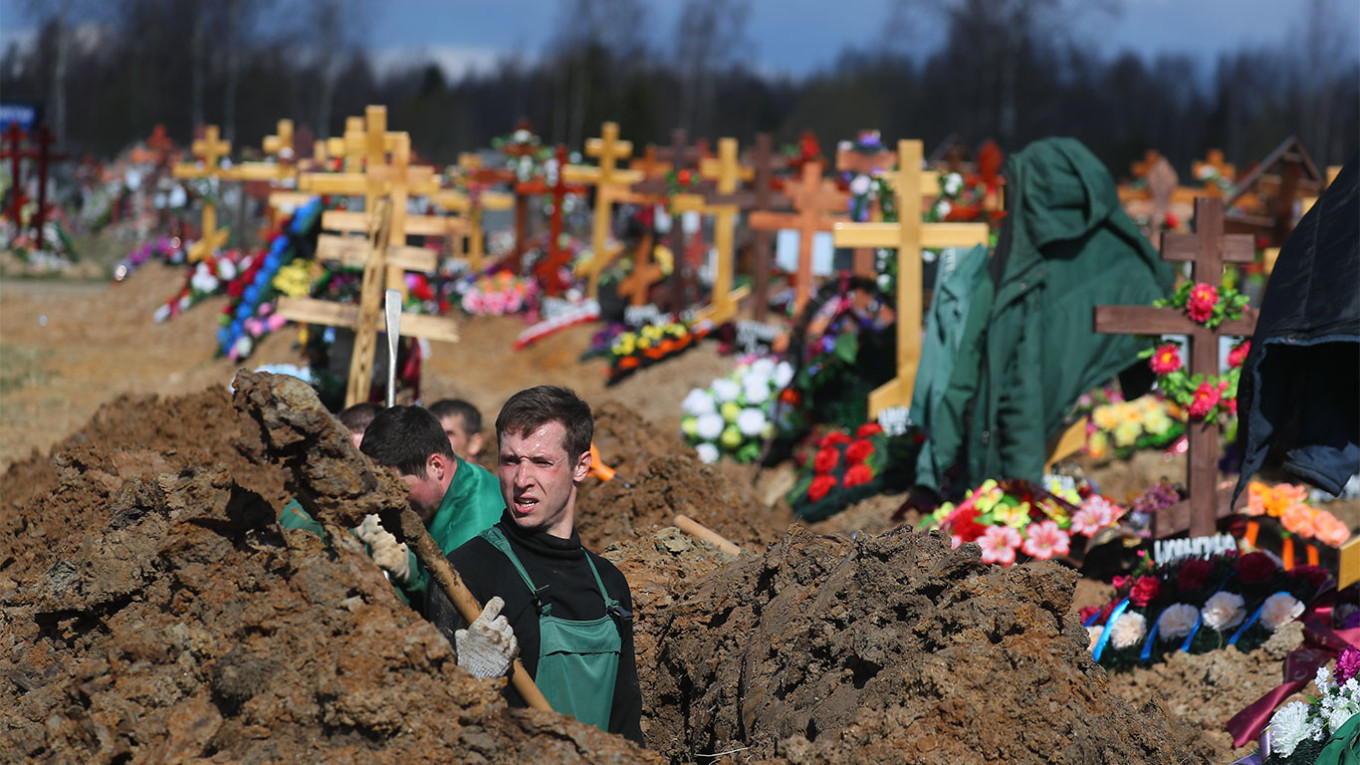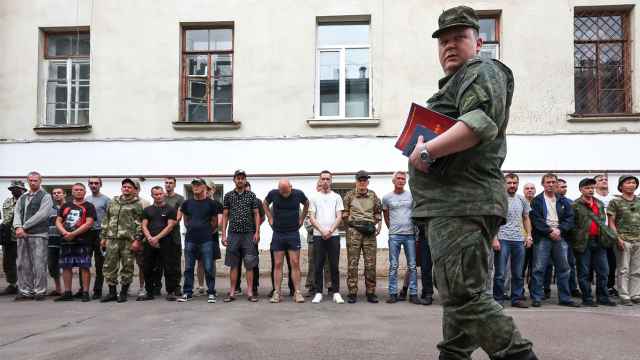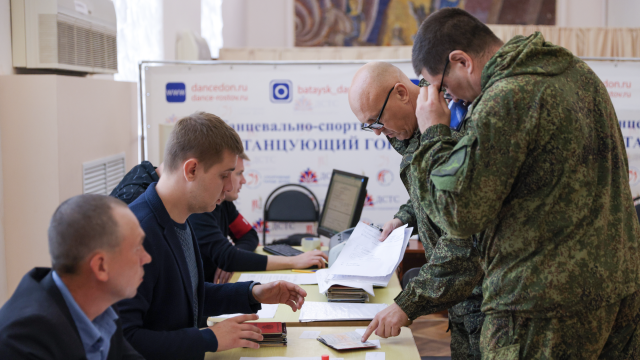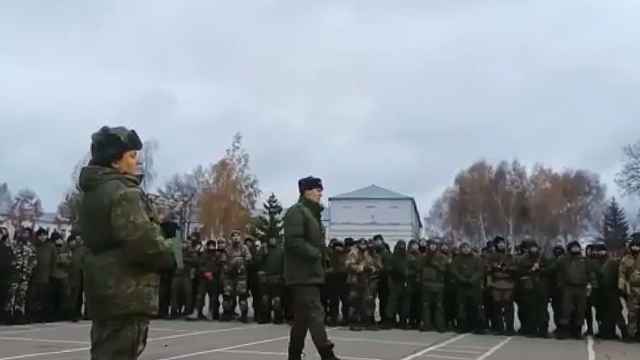The Russian military has sustained over 10,000 verifiable deaths in the course of its nine-month invasion of Ukraine, according to open-source research conducted by the BBC and independent Russian news outlet Mediazona that was released on Friday.
Among the 10,002 dead servicemen identified in the investigation are scores of elite servicemen belonging to Russian airborne units, over a hundred combat pilots, and 430 recruits drafted by the Kremlin in an October push to bolster troop numbers in Ukraine.
The true death toll in the conflict is expected to be far greater than that established in the research, the BBC said.
An estimated 15% of Russia’s dead in the conflict are officers, including four generals and 49 colonels, the investigation found. The unusually high figure is believed to have been caused by breakdowns in communication between the Russian ranks, which forced commanding officers closer to the frontlines.
Russia’s rank-and-file servicemen suffered the greatest losses overall, however, with infantry units consisting of lesser-trained and inexperienced recruits making up 17% of the total death toll.
The Moscow Times reported in July that some newly recruited troops were being sent to the frontlines with just days of training, a fact that no doubt contributed to a death toll that already far outweighs the losses sustained by the Russian military in far-longer conflicts in Afghanistan and Chechnya.
In addition, some of Russia's poorest regions have contributed a disproportionately high number of recruits to the war in Ukraine. While soldiers from the Moscow region account for just 54 verifiable deaths in the war so far, the figure for the Siberian republic of Buryatia, which has just one-seventh of the population of the Moscow region, is over six times as high at 356.
A Message from The Moscow Times:
Dear readers,
We are facing unprecedented challenges. Russia's Prosecutor General's Office has designated The Moscow Times as an "undesirable" organization, criminalizing our work and putting our staff at risk of prosecution. This follows our earlier unjust labeling as a "foreign agent."
These actions are direct attempts to silence independent journalism in Russia. The authorities claim our work "discredits the decisions of the Russian leadership." We see things differently: we strive to provide accurate, unbiased reporting on Russia.
We, the journalists of The Moscow Times, refuse to be silenced. But to continue our work, we need your help.
Your support, no matter how small, makes a world of difference. If you can, please support us monthly starting from just $2. It's quick to set up, and every contribution makes a significant impact.
By supporting The Moscow Times, you're defending open, independent journalism in the face of repression. Thank you for standing with us.
Remind me later.






